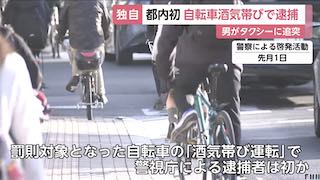Jan 10 (Nikkei) - Japanese entry restrictions meant to curb the spread of the coronavirus create a barrier for international students, threatening to undermine participation in exchange programs by Japan's universities, school officials say.
The University of Tokyo sent 49 students abroad under exchange agreements in the fall 2021 semester, but took in none from overseas. Flows in both directions plunged compared with fall 2019 -- before the COVID-19 pandemic began -- when they were 124 and 146, respectively.
Many universities revived exchange programs in 2021. Japan eased its long-running ban on new entries by foreign nationals Nov. 8, only to reimpose it at the end of the month in response to the spread of the omicron variant of the virus. Just 228 foreigners were able to enter Japan in this brief window. Only three of them were international students.
"This is not the way student exchange programs are supposed to work," said a coordinator at the University of Tokyo.
Universities waive tuition for exchange students. International rules for these exchanges are intended to balance the number of students going in both directions.
At Tokyo's Hitotsubashi University, another of Japan's elite schools, about 90 students studied abroad in the fall. None in effect came in the other direction, though the school offered online classes to international students.
Japan's prolonged entry restrictions have prompted overseas universities to stop sending students to the country.















